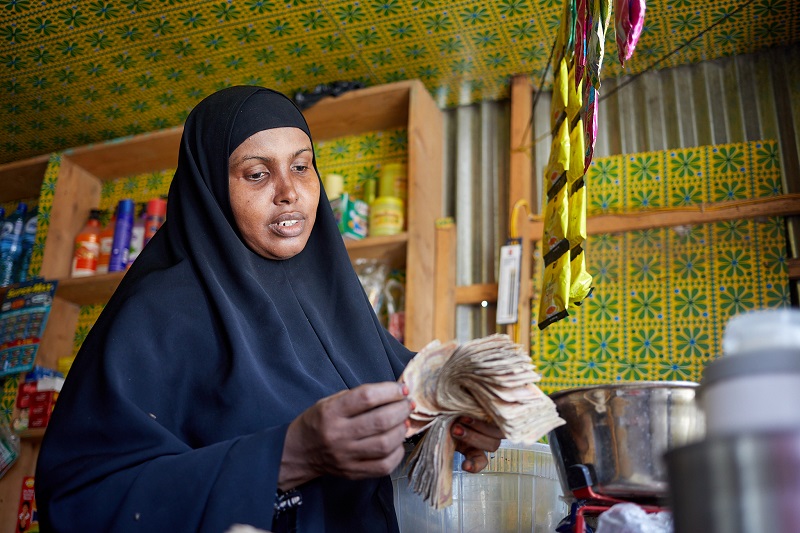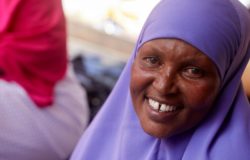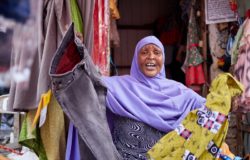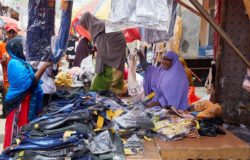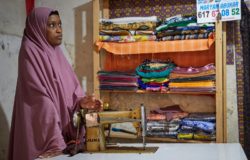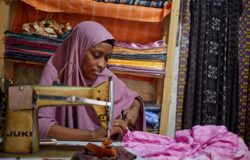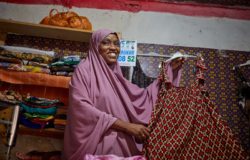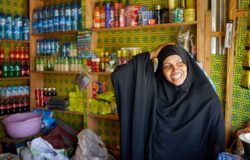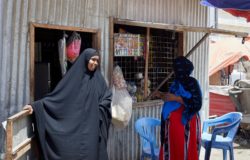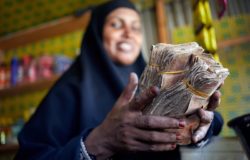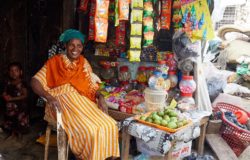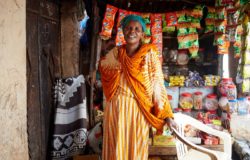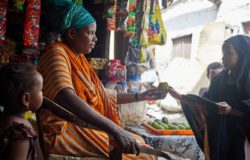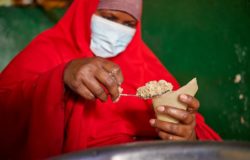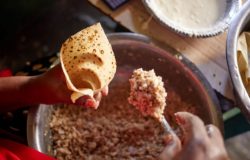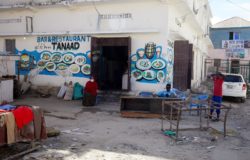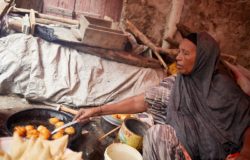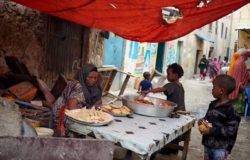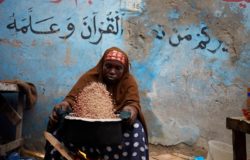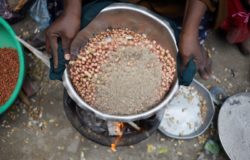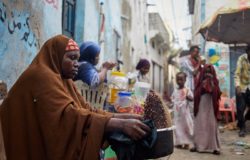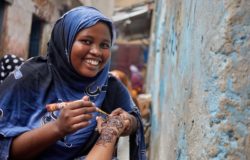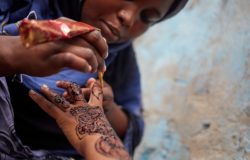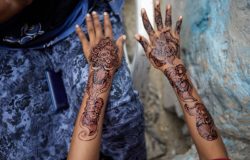The COVID-19 pandemic has driven numerous businesses to nearly close, leaving business owners with little or no income. Women-headed households face similar difficulties as most of them own small businesses such as small shops, restaurants, grocery stalls, clothing stalls and boutiques.
Prices of food and other commodities have risen as a result of the pandemic, affecting supply and replenishment and amount of sales. Shop owners have taken proactive precautions such as avoiding credit sales and restocking in limited amount.
The International Committee of the Red Cross (ICRC) supports low-income families in starting, restarting, or expanding existing small businesses that can contribute to the family’s income and result in a better and more sustainable livelihood.
Business skills training is also provided to improve business management. To ensure proper interaction during the training, participants are grouped according to their location and business type. Costing and pricing, marketing skills, record keeping, and basic business management are among the topics covered during the course.
After the training, business owners are each given a sum of 500 US dollars in cash to help them develop their businesses. Since 2021, over 200 women were supported to boost and improve their businesses.
Eight women-led businesses in Hamar Weyne, Mogadishu city.
Clothing and tailoringHamar Weyne, with its busy market full of retailers selling food stuffs, clothes and beauty products, is the oldest district in Mogadishu city. 56-year old Asli Salad Farah used to sell secondhand clothes but is now selling new clothes.
“I own a clothing stall in Hamar Weyne district in Mogadishu city. I am a mother of 10 children and the breadwinner of my family” she says.
She sells both women, men and children clothes. She gets busy during festive events such as Eid and weddings where many people flock to buy new clothes
Maryan Abukar Haji is Hamar Weyne’s only female tailor and her specialty is designing and sewing women clothing. Most of Somali clothing is custom-made which makes tailors come high in demand.
“Women make up the majority of my customers. They come to me because it is more comfortable for them to get their measurements taken by a fellow woman,” she explains.
Convenient stores, which sell food, groceries, and house detergents, are many in Hamar Weyne district.
Maryan Mohamed Yusuf is the owner of one of the shops in the neighborhood. She sells soft drinks, tea leaves, sugar, candy, milk, rice, and soap detergents among other goods.
Ebla Mukhtar Guhad has been running her shop for the past 30 years. The location of her shop has moved around Mogadishu many times over the years. The shop is currently at a prime position, bringing in a steady stream of customers.
Restaurants and eating places have been affected by COVID-19 restrictions, notably by limiting dining together with friends and family.
Duniyo Mohamed Ahmed, 36, has owned a food shop in Mogadishu for the past seven years, where she prepares Somali snacks and meals.
Faduma Mohamed Abdirahman is a baker who makes sambusa and mashmash – (a sweet pastry made of flour and sugar). She has been in the baking business for 30 years now.
Every day at 6:00 a.m., she opens her café to cook the pastries. Early mornings and late afternoons are her busiest hours, as Somalis enjoy their pastries with Shaah – a cup of hot spicy tea
“I make the best mashmash in town” she says
In the streets of Hamar Weyne, Hawa Ibrahim Ali sells roasted groundnuts. She is the mother of ten children and raises four of her brother’s children as well.
Henna has long been a popular way for Somali women to decorate their hands and feet for special occasions like weddings, Eid, and other social gatherings.
Faduma Ahmed, 22, is the owner of a salon that specializes in hair styling and henna application.
“I am pleased and delighted to see my customers leave my salon feeling beautiful and smiling,” she says.
For more stories on this visit ICRC website.


